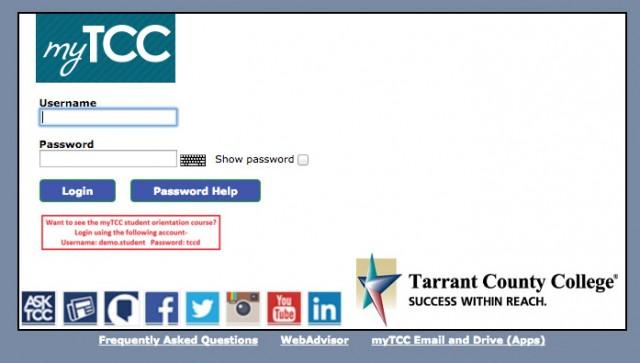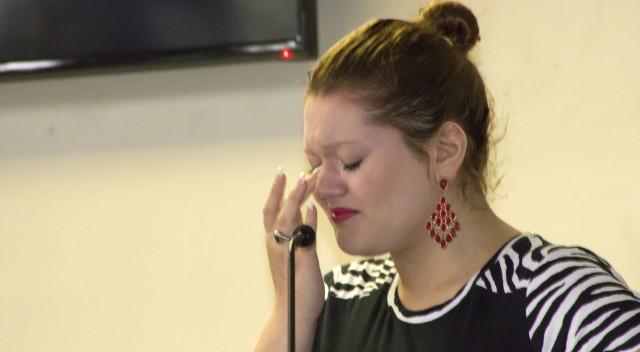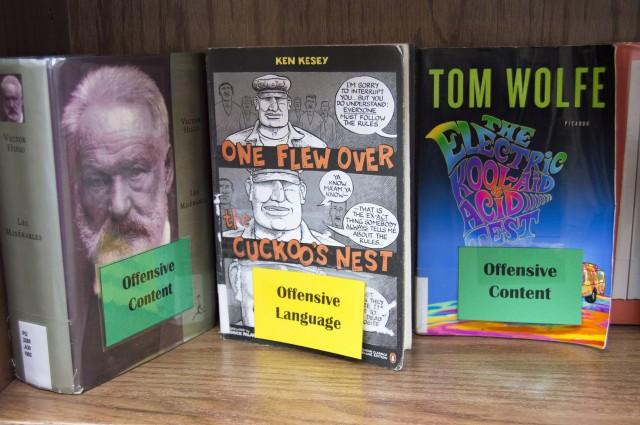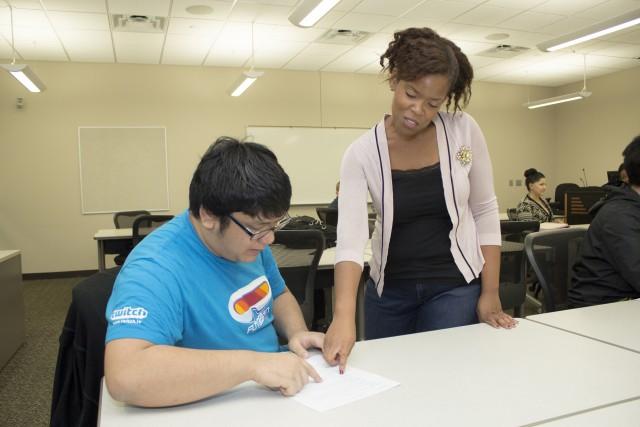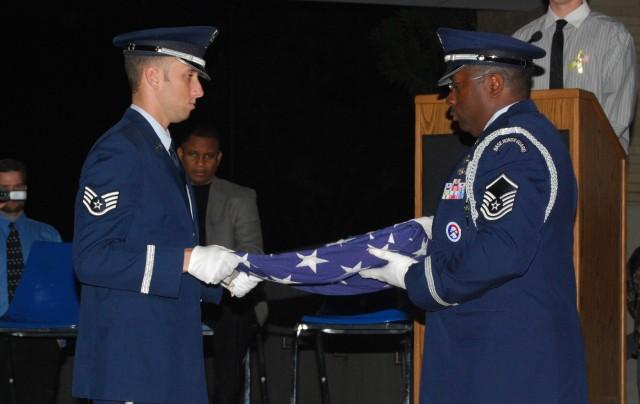In the history of the college’s chancellor appointments, the importance of the student voice has never been emphasized.
In fact, it has relatively been ignored in the decision-making process.
It is important for a school that wants to be known for investing in student success to actually listen to students.
Students have never had a say in the choosing of a chancellor from the start of the process. The only time they have given input was during the chancellor hunt after C.A. Roberson left in 1996. TCC used a search firm, which presented six semifinalists to the board, who then narrowed it down to three finalists. A committee made up of faculty and students was then put together to give input on the three candidates before the board gave the ultimate decision.
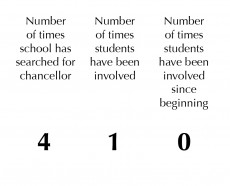
Not only was this the first and only time students could give their opinions on who the leader should be, this is also the only time there were three finalists in the race for chancellor.
Joe B. Rushing and Roberson were both picked by the board and put into place. There were no other interviews or candidates. The appointment of Leonardo de la Garza was unique in hiring a search firm and having three finalists before the decision. When Erma Johnson Hadley became chancellor, she had been acting chancellor for eight months before she was chosen as the school’s sole finalist.
Having a sole finalist isn’t uncommon among universities. According to the Student Law Press Center, Texas A&M University conducted a yearlong closed-door search for a new president, resulting in a single “finalist.” Texas state law requires colleges and universities name a finalist at least 21 days before they can actually be put in place, but this is more a formality than anything else.
Texas colleges can name up to three finalists, so why has it only been utilized once? If schools aren’t going to use the three-candidates option, then the 21-day waiting period is a waste of time. Schools need to be held accountable in the leadership decision-making process to avoid any biases.
TCC has prided itself on having so few chancellors in the 50 years that the school has operated. However, if the chancellor is someone who will occupy that position for a long time, shouldn’t it be someone who exhibits the qualities the community wants? If ideally the chancellor will be doing the job for a while, shouldn’t the community have a say in who it is?
This idea is not something unique or unusual to other schools. Dallas County Community College District searched for a new chancellor in 2014. It held several special meetings for the community to come in and voice what they wanted to see in their future leader as well as designated a specific phone number and email address for the community to voice thoughts and opinions.
Implementing this process wouldn’t be hard. TCC has the ability to hold those same types of meetings and form student committees just as much as any other school does. The key is that it must actually realize the importance of doing so.
TCC has an opportunity to bring in a new, fresh perspective. And within this opportunity, it has the ability to bring the student voice to the forefront. The success of this school is based off its students. Without students, there is no college. If students are such an integral part and the reason this school can function, then why don’t they get the chance to have a say in what happens? Now is the time to let them have a say in making the school what they want.
After all, they’re the reason this school exists.






















